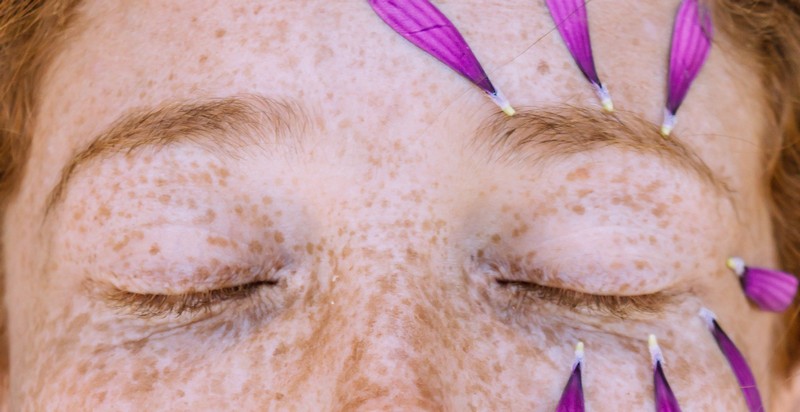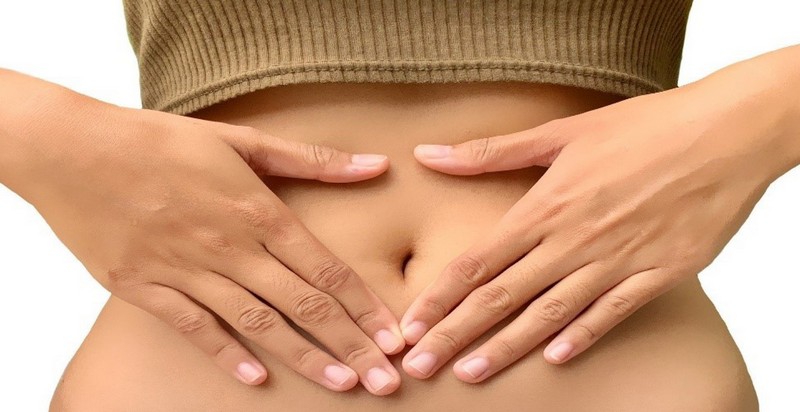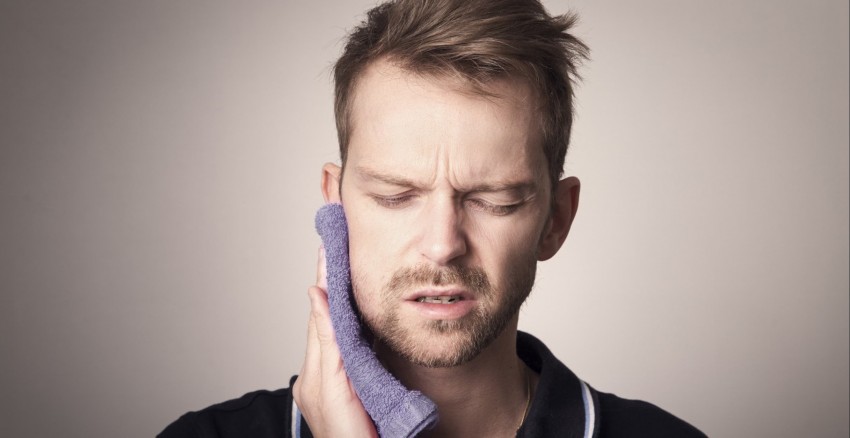Causes, Symptoms, Preventions, and Home Remedies Of Rosacea


Rosacea is a disorder that affects the skin and mainly the face. It reddens the cheek,the nose, the chin, and forehead. The redness can become more intense over time. Blood vessels also tend to appear as times go. Rosacea may also appear on the chest, neck, and even the back. Sometimes the eyes are irritated and become reddish.
Causes
The real cause ofRosacea hasn't been found. A defect in the immune system can cause Rosacea. Rosacea tends to run in the family, affecting mostly fair-skinned people. Rosacea affects people in their early 30s to late60s. It is severe in men than in women.
Symptoms
Rosacea appears in different forms, depending on individuals. Not all symptoms appear on one patient, but a patient may have one or two symptoms. Below are some of the symptoms of Rosacea:
1. Pimples and bumps that resemble acne.
2. Burning and stinging of the affected place
3. Visible blood vessels on the skin
4. You may experience persistent redness that resembles a stubborn sunburn.
5. You may have frequent blushing or flushing, which is the earliest sign of Rosacea.
Prevention
Though Rosacea's real cause is yet to be found, you can do somethings to avoid a flare-up. You can change your lifestyle as well as the environment. It may also take time for you to identify what triggers Rosacea. To prevent Rosacea,
1. Avoid direct sunlight and hot baths
2. Avoid hot weather and strong winds
3. Do frequent exercise and have a warm shower immediately after
4. Avoid stress and anxiety
5. Do not take alcohol
6. Use soft skincare products. Harsh products worsen the situation.
Home Remedies For Rosacea
In case you haveRosacea before you rush for a medical prescription, you can try homemade solutions as long as it is not extreme.
1. Aloevera
Apply the inner gel from the aloevera leaf. Try doing a patch test before you apply, to rule out any allergic reaction.
2. Chamomile
Apply a moisturizer containing chamomile. You can also dilute chamomile oil and apply on the affected part. Chamomile tea also is another option. You should wait for it to cool, then use it or compress on the affected skin.
3. Coconut
Apply coconut oil on the affected area. Coconut is a moisturizer, antioxidant, and also an anti-inflammatory
4. Green Tea
Use green tea to compress on the affected skin. You can also apply products that have green tea in them.
5. Lavender
Mix lavender essential oil in your moisturizer. You can alternatively dilute it in a carrier oil and apply on the skin.
6. Oatmeal
Mix oatmeal with water and apply it directly to the skin. It will ease the itching.
7. Honey
Raw honey is significant as it helps to retain moisture on the skin. Just apply a small amount on your skin. Make sure you have the original one.
8. Turmeric
Mix turmeric powder with water. Apply the paste on the skin. You can also chew the root or apply diluted turmeric essential oil on the skin.
9. Tea tree oil
Tea tree oil is inflammatory. Apply tea tree oil on the skin. You can also dilute it in your carrier oil and apply on the skin.
10. Niacinamide
Niacinamide, a B vitamin found in food, alsohelps. It helps the skin from flushing.
11. Fever few
With its antioxidant qualities, feverfew is recommended for Rosacea. Make sure it is free of parthenolide.
12. Comfrey
Comfrey produces allantoin, which helps to alleviate skin reactions. Apply products that contain natural comfrey.

Do you remember Katrina Kaif? She was known for...

Gastritis is a condition where the stomach lini...

It is easier for you to get over-the-counter dr...

You know just how annoying an aching tooth is....